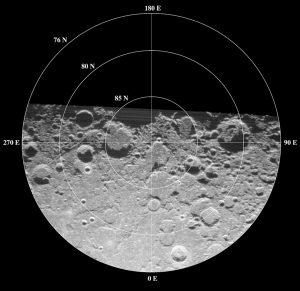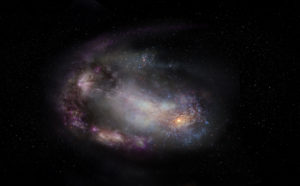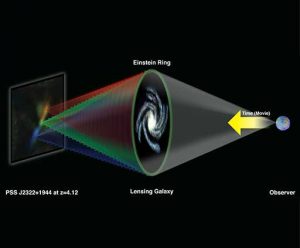In most cases it requires high spatial resolution measurements of an object in order to accurately associate it with…
Select :
AsteroidsBlack HolesCareers in AstronomyCelestial EventsCometsConstellationsCosmic DistancesCosmic Microwave BackgroundCosmologyExoplanetsGalaxiesGravity WavesHoaxesMoonPhysicsPlanetsRadio AstronomyScientific MethodSETISolar SystemSpace ProbesStarsSunTelescopesUnexplained Celestial Observations


How to Calculate Coordinates of the Lunar Nodes
I believe that this question has been answered on the Space Exploration Stack Exchange. You can use an online…

Why are the Milky Way and Andromeda Galaxies Moving Toward Each Other While the Universe is Expanding?
The Andromeda and Milky Way galaxies are moving toward each other due to mutual gravitational attraction. This mutual gravity…

Does a Gravitational Lens Really Magnify Objects?
In fact, the magnification due to a gravitational lens is directly analogous to the magnification of objects that one…

Would Colors Be Perceived Differently By Humans On a Planet Orbiting a Different Type of Star Than Our Sun?
Although it is true that the sensitivity of the human eye to different frequencies of light is consistent with…

How Does Atmospheric Extinction Affect the Brightness of Stars?
Michael Richmond has provided an excellent description of the physics of atmospheric extinction (and refraction) on his Atmospheric Effects:…





